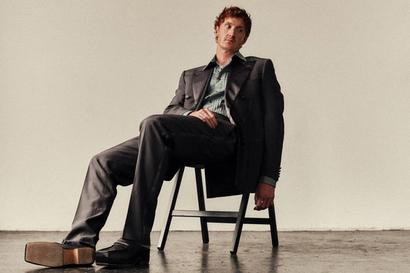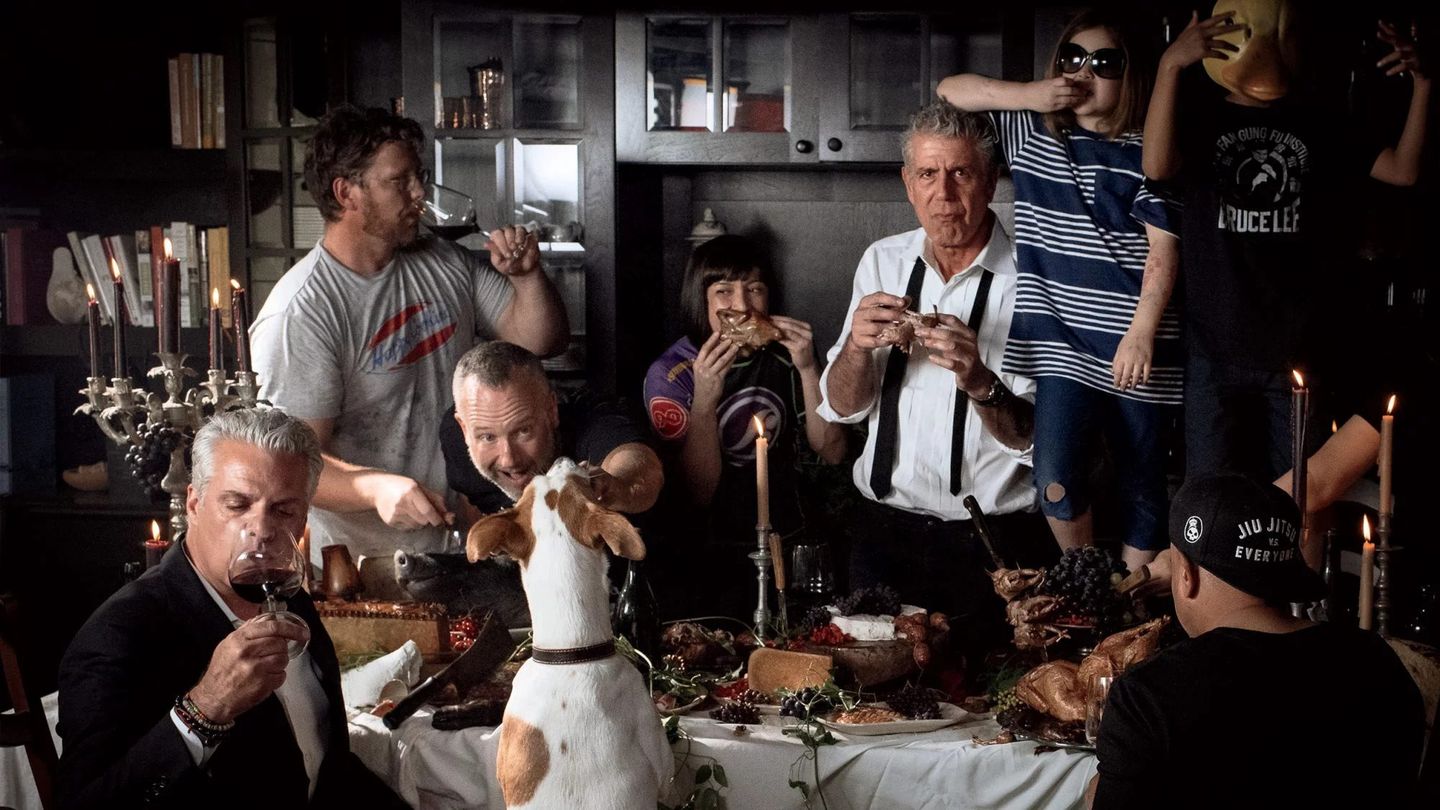
Film -- 2 days ago

Words: Chris
There was once a tall, hard-drinking, tattooed chef from New York City. After twenty years of rabble-rousing, the chef — a punctual and principled man, despite his troubles and addictions — worked his way to a respectable role at the Manhattan restaurant Les Halles. He was a talented storyteller. And in 2000, he wrote an exposé on his industry called Kitchen Confidential.
To receive the latest in style, watches, cars and luxury news, plus receive great offers from the world’s greatest brands every Friday.
